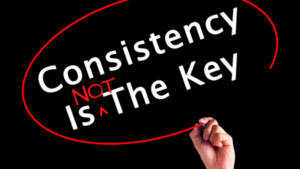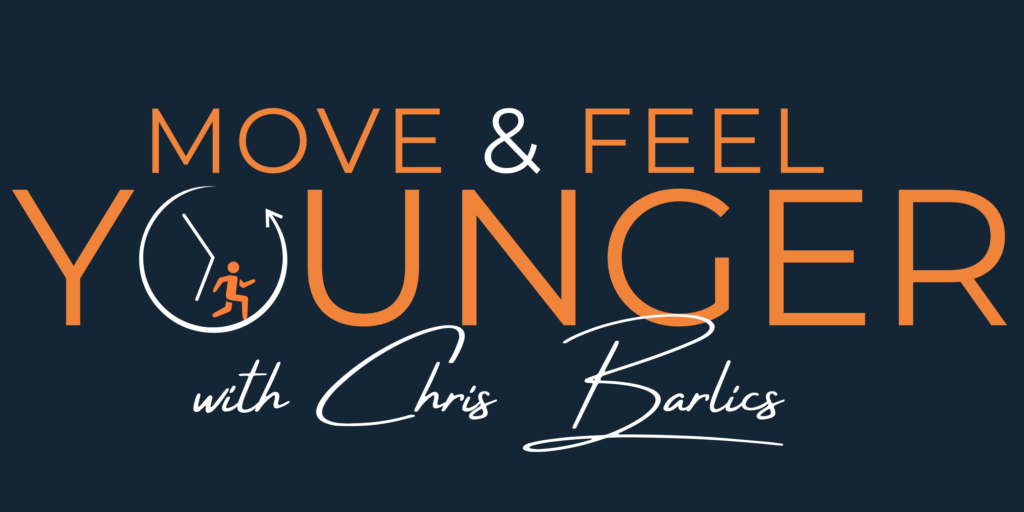Most people think of their metabolism only when thinking about their weight. But the truth is, your metabolism is so much more important than being a factor in how much you weigh.
A healthy metabolism means your body is getting the energy it needs, is detoxing properly, and is repairing tissues and that our hormones are functioning properly. Basically it means you’re healthy. When your body is healthier, not only will you feel better but you will have an easier time losing weight.
Unfortunately, most people think that their metabolism is something outside of their control – and if they have a “slow metabolism” it means they lost the genetic lottery. This simply isn’t true.
We have far more control over our metabolism than most of us realize. What we do day in and day out very much has an effect. How we eat, the amount and types of exercises we do, our stress levels, sleep habits – they all very much affect our metabolism. Unfortunately for many of us, however, what we’re doing is having a negative affect.
When it comes to weight loss, the common philosophies of eating only 1,200 Calories, cutting out certain food groups completely (like carbs and all sugar), and doing tons of cardio might create initial weight loss, but none of it is sustainable—and it is often metabolically damaging.
The more and more we go on these crash diets, the lower our metabolism goes. Why?
Without going too deep into the science, these diets damage our mitochondria and decrease cellular respiration. This means that low-Calorie diets often deprive our cells of proper nutrients, damaging them and decreasing our metabolism.
Mitochondrial damage – and thus metabolic damage – is also caused by overly stressful exercise. An example would be doing long-duration cardio that leaves us exhausted 4-5 times per week. While you may burn some Calories, you are also depleting your muscle, which lowers your metabolism. On the contrary, interval training has been shown to be metabolically supportive.
Research has also shown that the more lean muscle you have, the higher your metabolism. Thus, while appropriate cardiovascular exercise has many health benefits, if increasing your metabolism is your goal, consider incorporating more weight training as well.
No, this will not make you bulky! Muscle doesn’t grow that fast.
If someone is trying to lose weight, resistance training is a must! Why? If we create an energy deficit solely by cutting Calories, without any exercise, approximately 25–33 percent of weight loss is from muscle. Burning muscle in favor of burning Calories doing cardio lowers our metabolism (the more muscle we have, the higher our metabolism tends to be).
I describe it as being the exercise equivalent of “being penny-wise and dollar-foolish.”
However, proper exercise is not the only strategy for boosting your metabolism.
Additional strategies include getting adequate sleep, increasing your vitamin D (through food, supplementation, or sunlight), and increasing your intake of metabolically supportive foods.
What types of foods?
Organic eggs, grass-fed beef, shellfish, white fish, organic beef broth, liver, organic dairy, organic fruits (e.g., pineapple, squash, tomatoes, melons, cherries, grapes, apples, pears, and peaches), organic vegetables (e.g., carrots, zucchini, and potatoes), and organic dark chocolate are all good examples.
Conversely, a list of metabolically damaging foods include white bread, farmed beef, foods/beverages containing high fructose corn syrup (e.g., soda), trans fats such as margarine, soy, polyunsaturated fatty acids (e.g., vegetable oils), and most fried or processed foods.
It’s simple. Want to look, feel and be healthy? Focus on ensuring your metabolism is healthy and the rest will fall into place.
Stop blaming the universe for your metabolism! You have the power to take back control and improve, but the choice is yours to make.








